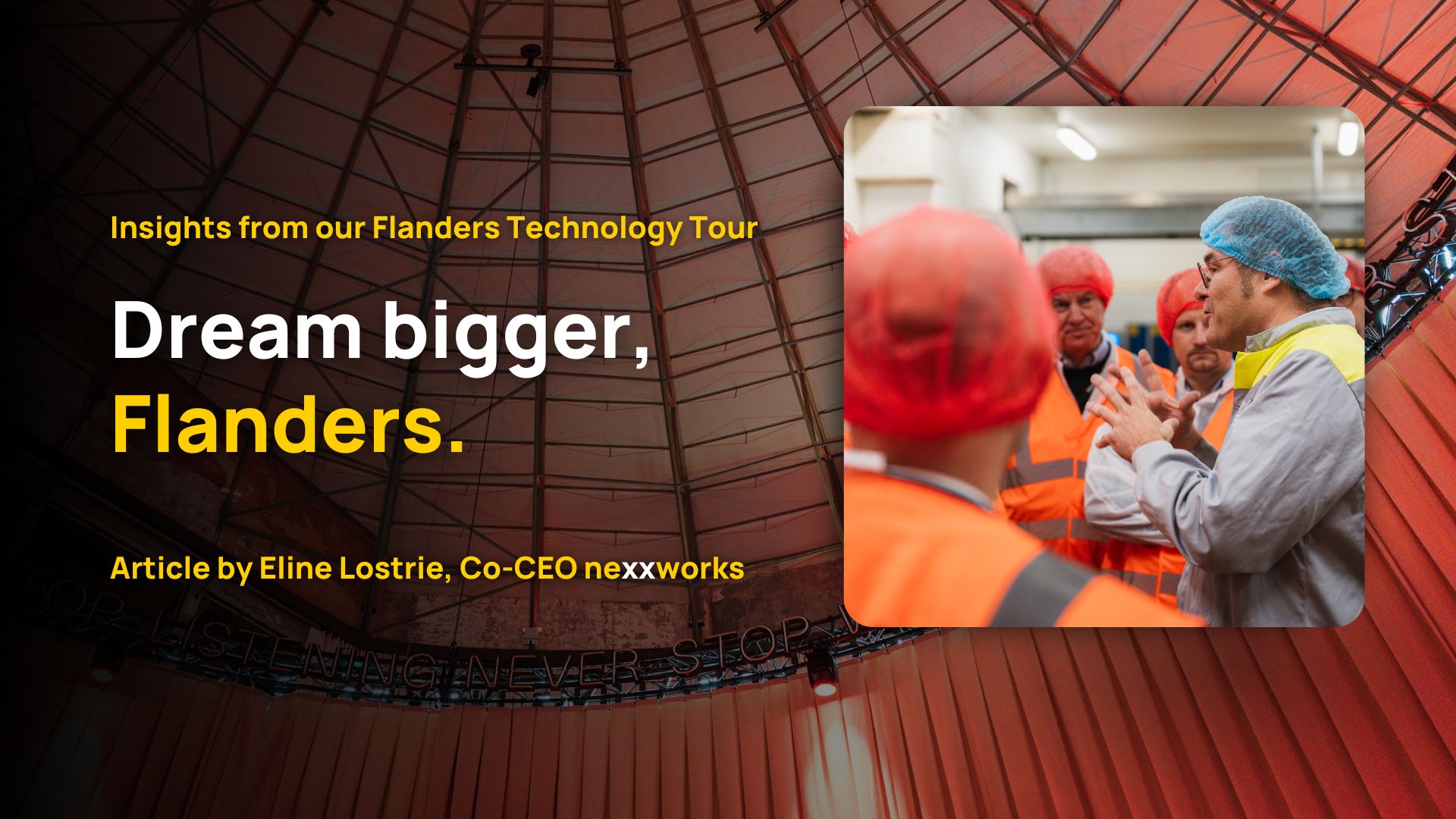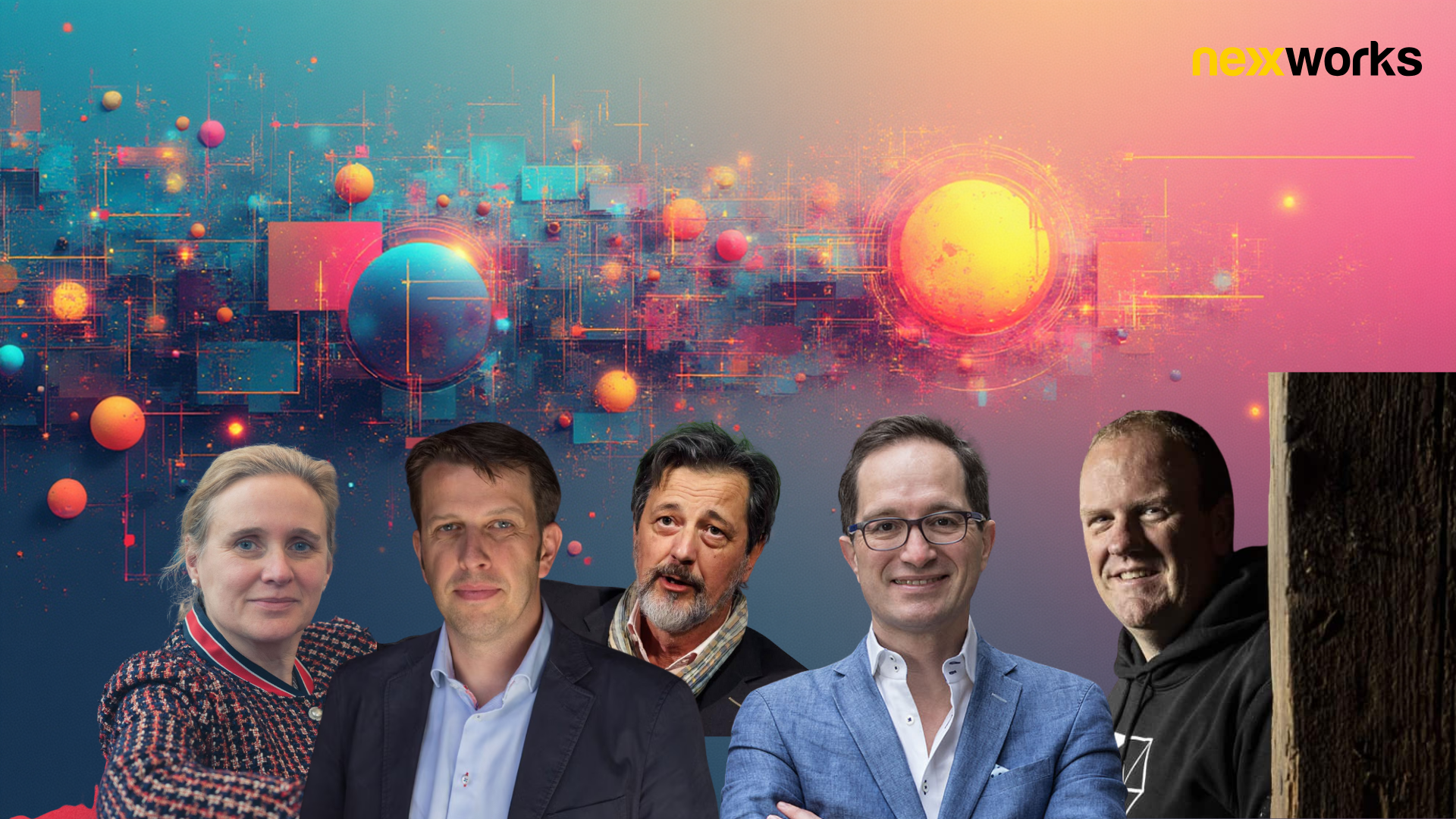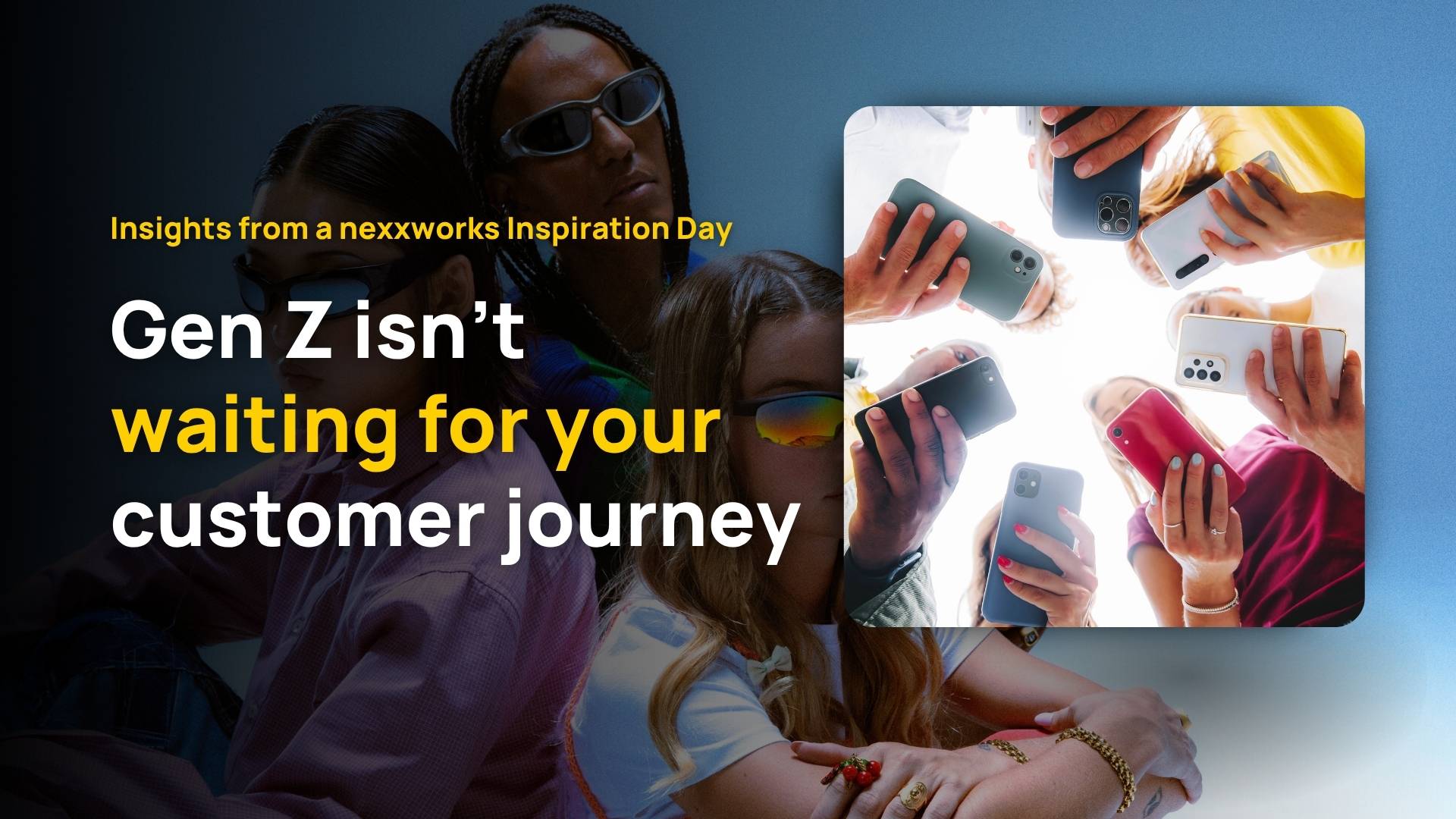Imagine All Your Employees Are Single Mums
You may ask why? So as to make work better and fairer for everyone!

Single mothers represent only a minority of all households, so why should companies have single mothers in mind when they build their offices, design HR policies, organise collective work, choose perks and develop their culture? The answer is simple: so as to make work better and fairer for everyone! The presenteeism and toxic management that make life hard for single mothers are usually what makes life hard for everybody. If you’re serious about making your company more diverse and inclusive, then single mums are the best category to have in mind when you want to design anything.
Since the beginning of the pandemic, millions of single mothers across the world have had to abandon paid work due to a lack of childcare options. Others were forced into part-time positions. Many of those who could telework but had young children at home ended up burnt out. It became clear that the world of work continues to be modelled/moulded after the old model of the nuclear family with a (usually male) primary breadwinner and a (usually female) secondary breadwinner who takes it upon herself to do most of the unpaid domestic and parental work.

In the current period, it is increasingly difficult to recruit candidates if you offer them the same old deal. The companies that don’t innovate in their organisation of work, benefits and flexibility will see their pool of future candidates shrink further and further. Now’s a perfect time to use the principles of good design to radically transform the candidate and employee experience. Design specialists say that a good principle is to develop a product or experience based on the needs of the most demanding target group. “All Products Should Be Designed For Disabled (...) you can’t go wrong with this approach,” explains a UX designer.
This designer writes, “one of the worst aspects of many websites, mobile apps or any other online services is that they are designed to work only under perfect conditions. Apps are typically developed by young people with perfect eyesight seated in front of, usually MacBook with a retina screen that shows in a perfection resolution and brightness. They have a high-speed internet connection and often a focused environment when they do design or test things. It’s a different matter when you are trying to use an app while stuck on a crowded train with a weak signal.”
If you apply this principle to the world of work, it means you should imagine and organise work for the category of workers who are most challenged and constantly under pressure. Single mums aren't necessarily “disabled” but they face the most challenges in a world of work that wasn’t designed for them. What does it mean in concrete terms? Let me list some examples: a workload that’s manageable for somebody with a family life (if it’s 80 hours a week, no single mum can do it), childcare options and benefits to level the playing field for all parents ; “core collaborative hours” (synchronous work) reduced to a minimum like Zillow ; inclusive meetings — either Zoom for everyone or office for everyone because “hybrid” is often a disaster ; equal pay with benefits (because a single mum can only count on herself)...
This piece is an extract from the nexxworks End of Year Trend e-book "On Building A Better Future". Check it here for more insights from top opinion leaders like Nir Eyal, Naomi Oreskes, Dave Snowden, Adrian Bejan, Peter Hinssen, Greg Satell, Frederik Anseel, Chris Skinner, Steven Van Bellegem, Brett King, Jeremy Lent, Celine Schillinger and many, many more!








